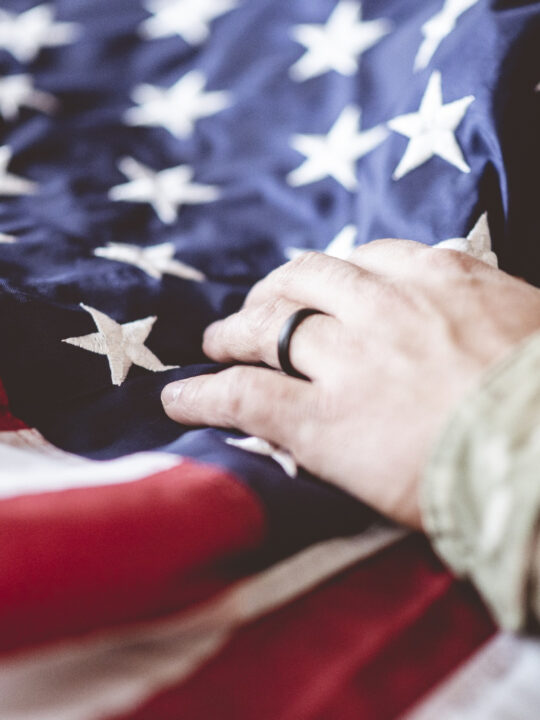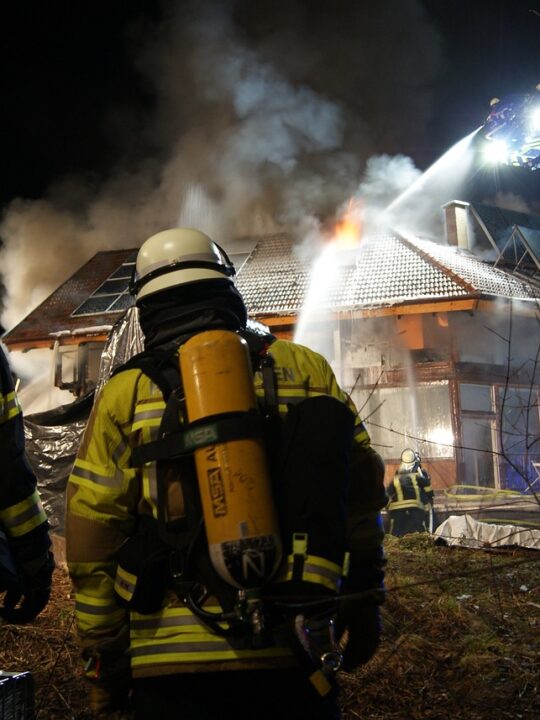It’s a beautiful day, and you are feeling extra adventurous. So you decide to hike and make the whole trip a weekend event. As you pack for your hike, pack a hiking emergency kit.
Traversing the wilderness can be very dangerous. Things happen, and things break. Hiking through the mountainsides, you never know what you will encounter.
Hikers need a collection of tools that can assist in avoiding hazardous situations or fixing them. The survival kit can help spread the weight while they walk, but it must be practical to backpack long distances.
Why not bring peace of mind on your next hike? Be sure to pack the following tools for your kit so you are ready to tackle the situation when the worst happens.
Table of Contents
Navigation tools are hiking essentials when camping in the wilderness. A map and a compass should be packed to help you find your way back in case you take a wrong turn. Additionally, it is crucial to have a GPS device if your trip will take you to unknown or remote terrains.
A GPS unit is also helpful in pinpointing your exact location if you need help or get lost. It is also recommended to pack a compass app on your smartphone should you need quick navigation assistance. These navigational items should be stored in a waterproof pouch to ensure they remain in optimal working condition.
First-Aid Kit
Packing a first aid kit in your hiking survival kit is always essential. You never know when an accident might happen, and you’ll need to be able to provide immediate medical attention. A typical first aid kit should contain:
- bandages
- gauze pads
- antiseptic wipes
- scissors
- tweezers
- adhesive tape
- antibiotic ointment
- instant cold compresses
- pain relievers
Packing safety pins, gloves, a thermometer, and a pocket knife is also good. As a general rule, it is always best to include supplies that will address a variety of potential hiking injuries.
It’s best to include items suited to the environment you are traveling in, including insect repellant, sunscreen, and water purification tablets. It is also best to purchase compact pre-made first aid kits with all necessary items whenever possible.
Food
An essential item to pack in your hiking kit is food. It is crucial to bring enough food to last at least three days, just in case you become stranded. Some foods suggested for a survival kit include:
- energy bars
- trail mix
- crackers
- hard candy
- nuts
- dried fruit
- jerky
Ensure the food is non-perishable and calorie-dense so that it won’t quickly go bad and you can get the most bang for your buck. For example, bring packets of soup and powdered drinks, which easily mix with water, or a camping stove and a pot for cooking.
Be sure to plan different meals and bring only what is necessary. You don’t want to be tempted to eat more just because it’s there; you want to conserve your food for extreme situations.
Signal Mirror and Fire Starter
A signal mirror and fire starter are essential for your hiking gear. A signal mirror effectively signals your presence and calls for help, especially when lost in the wilderness. In addition to being used as a signal device, the mirror’s reflective surface can light a fire in an emergency.
The fire starter itself can also be used to easily and quickly light a fire under challenging circumstances. You should purchase a signal mirror and fire starter that is both reliable and durable and ensure they are kept in waterproof containers in your kit. These items are invaluable in the wild and can help you stay safe and connected with rescuers.
Knife and Repair Tools
When camping in the wilderness, preparing for anything is essential. One of the most critical items in this kit is a knife and repair tools. The knife can be used to cut rope and fabric and even as a cooking utensil, making it essential for any outdoor adventure.
Alongside the knife, it is also essential to pack a multi-tool with tools such as a screwdriver, pliers, and a bottle opener. These tools can be used to repair or build anything required, making them a crucial item to pack in your kit.
Cordage and Whistle
Cordage and whistle are essential items to include in your kit when hiking for beginners. Cordage is vital to have on hand in case of an emergency. It can secure items, create shelter, and pull up objects.
The whistle is essential because it signals help in an emergency. It is best to carry a whistle with a built-in pea-less design, as it can produce a sound loud enough to travel through dense foliage or over long distances.
Sleeping Bag
A sleeping bag is essential, especially if camping in the wilderness for several days or more. A sleeping bag provides warmth, comfort, and protection from the elements. Ensure the sleeping bag is durable and lightweight so you don’t have to carry extra weight while hiking.
Choose a sleeping bag that is moisture and weatherproof, such as a synthetic fill, so that it can protect you against the elements. Additionally, choose a sleeping bag with a hood for extra warmth and durability, which helps block out cold drafts. You can opt for an emergency bivy. Pack your sleeping bag in a waterproof bag to ensure it stays dry.
Flashlight or Headlamp
You never know when a hike may extend beyond the daylight hours or in the case of being stranded in the middle of the night. A LED torch would be ideal since they are the brightest available and have greater battery life.
Ensure to have extra batteries with you as they tend to drain quickly, and if you don’t have a backup, you may find yourself in darkness. A Headlamp is also a great option, as it will allow you to keep your hands free while you navigate. Furthermore, ensure that any light source you bring is waterproof in a rain storm.
Pack Your Hiking Emergency Kit
A hiking emergency kit is integral to a successful and safe hike. Pack all the hiking essentials, just like those listed in this article. Be prepared and bring the necessary items for a safe and successful hike. Pick up your supplies soon and get out and explore!
For more related articles on hiking, check out the rest of our blog.







